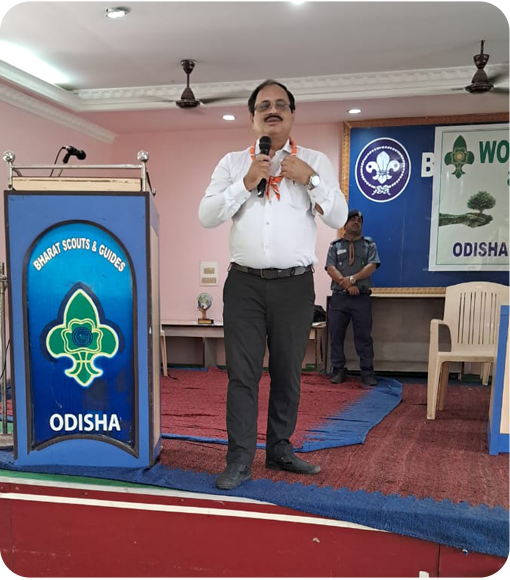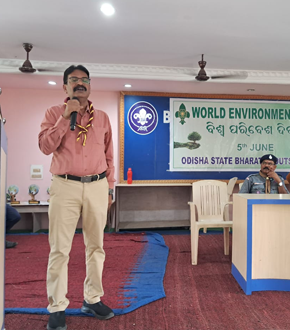The South Asian Institute of Health Promotion (SAIHP) is a registered, not-for-profit, non-governmental, voluntary, and social development organization that promotes public health in India.
The SAIHP seeks to improve the lives of women, children, people with disabilities, youth, and older adults. It was founded in 2002–2003. The organization was officially incorporated on December 27, 2003, under the Societies Registration Act XXI of 1860.



"Our vision is to build a world where every individual, regardless of their background or circumstances, has the knowledge, tools, and access to achieve optimal health and well-being. We envision a future where communities are empowered through education, innovation, and sustainable health practices. By addressing both preventable diseases and health inequities, we strive to create environments that support healthy lifestyles, mental well-being, and access to quality healthcare for all. Through collaboration with local, national, and global partners, we aim to foster a culture of health, resilience, and inclusivity, ensuring lasting health outcomes for future generations."
01"SAIHP's mission is to empower individuals and communities across South Asia by providing access to comprehensive health literacy, innovative healthcare solutions, and sustainable interventions. We are committed to addressing health inequities, promoting healthy lifestyles, and improving mental well-being through collaborative partnerships with local, national, and global organizations. By fostering inclusivity, resilience, and a culture of mutual respect, SAIHP strives to ensure that everyone, especially the most vulnerable populations, has the opportunity to lead a healthy and fulfilling life."
02"SAIHP's goal is to promote health and well-being in South Asia by prioritizing comprehensive health education and empowering communities to make informed health choices. Through sustainable health promotion programs, we aim to equip individuals with the knowledge and skills necessary for disease prevention, healthy living, and mental well-being. By fostering partnerships and implementing innovative educational initiatives, SAIHP seeks to reduce health disparities, improve access to healthcare, and create a culture of health equity, ensuring that all individuals, regardless of their circumstances, have the opportunity to thrive."
03